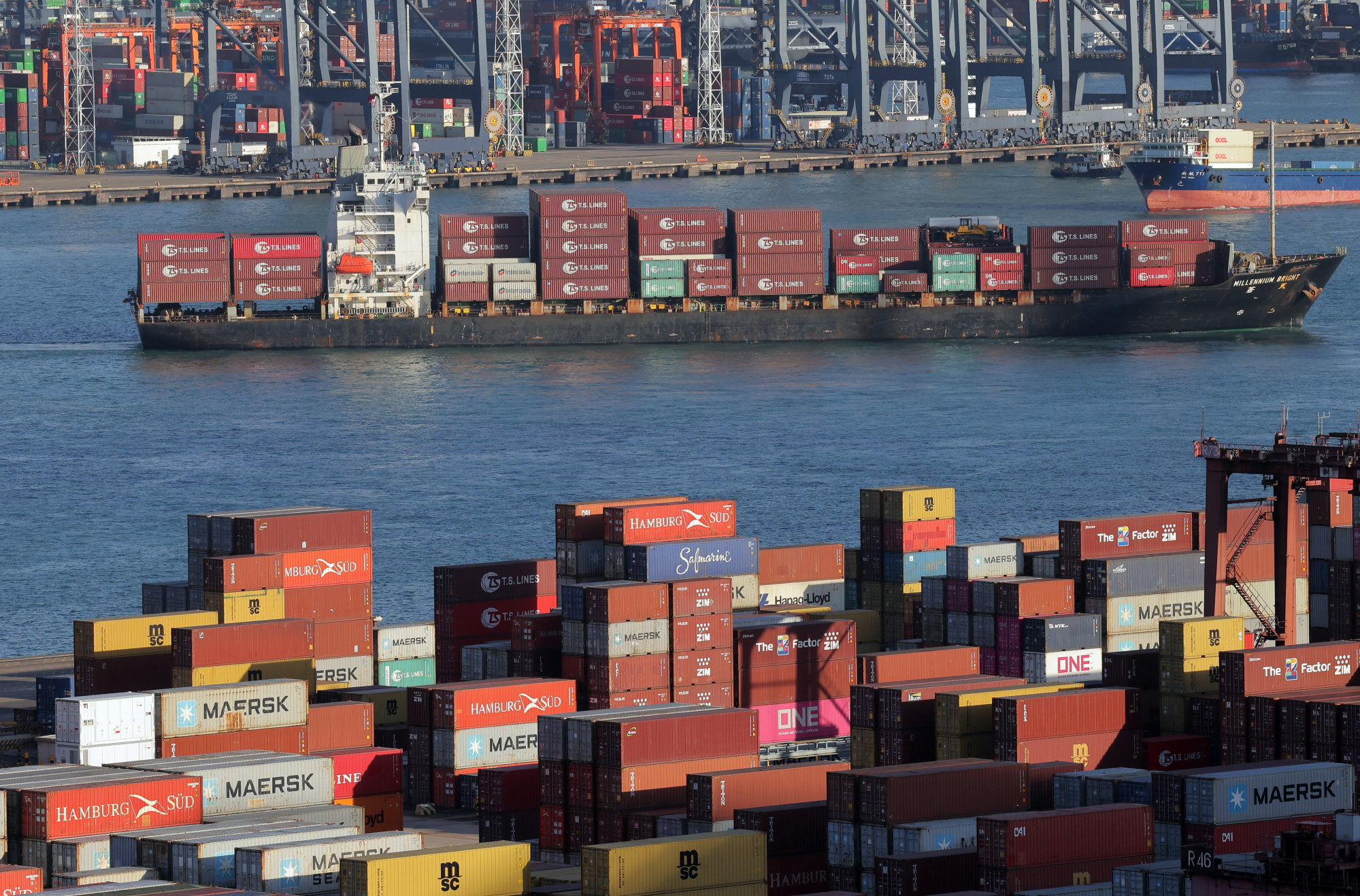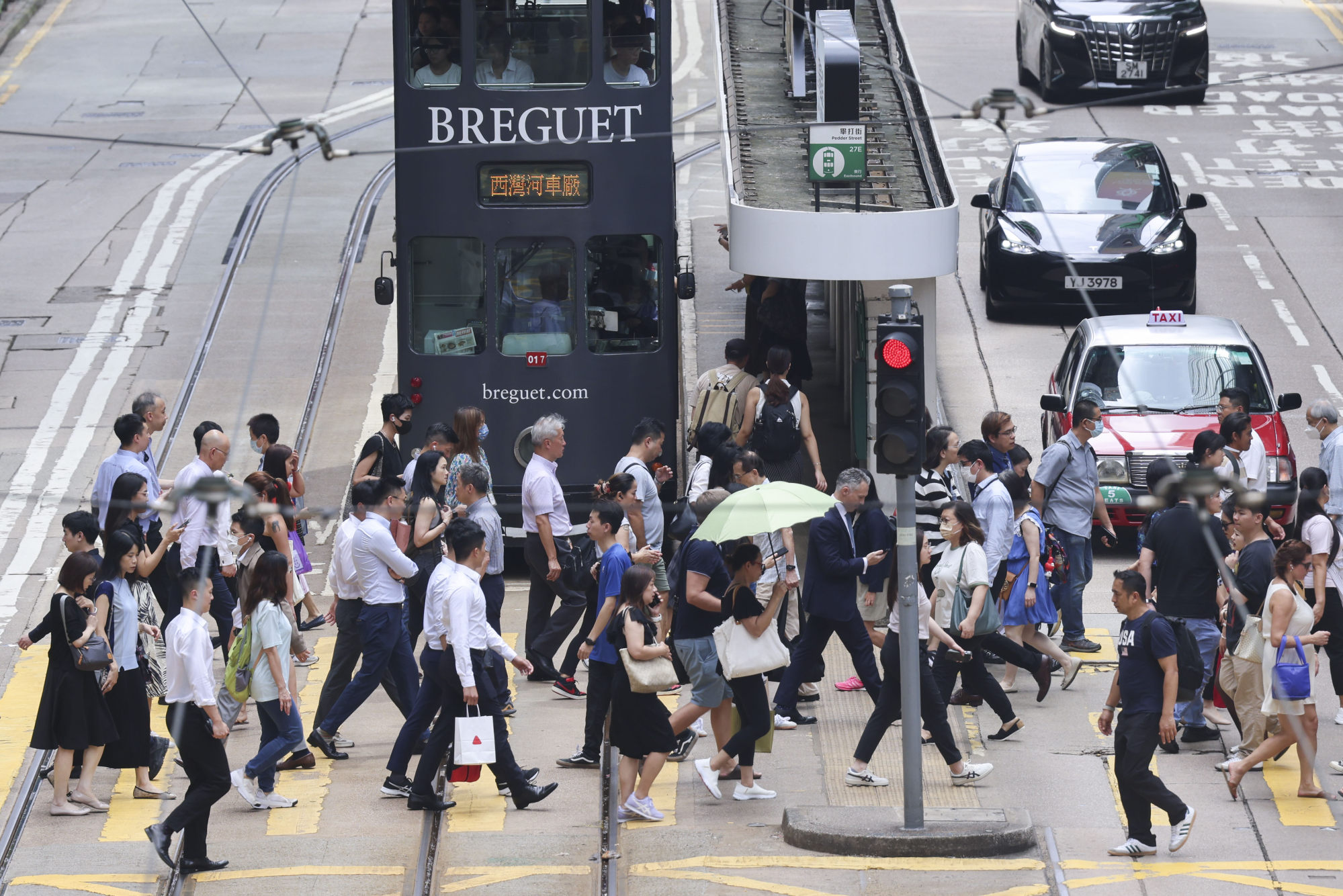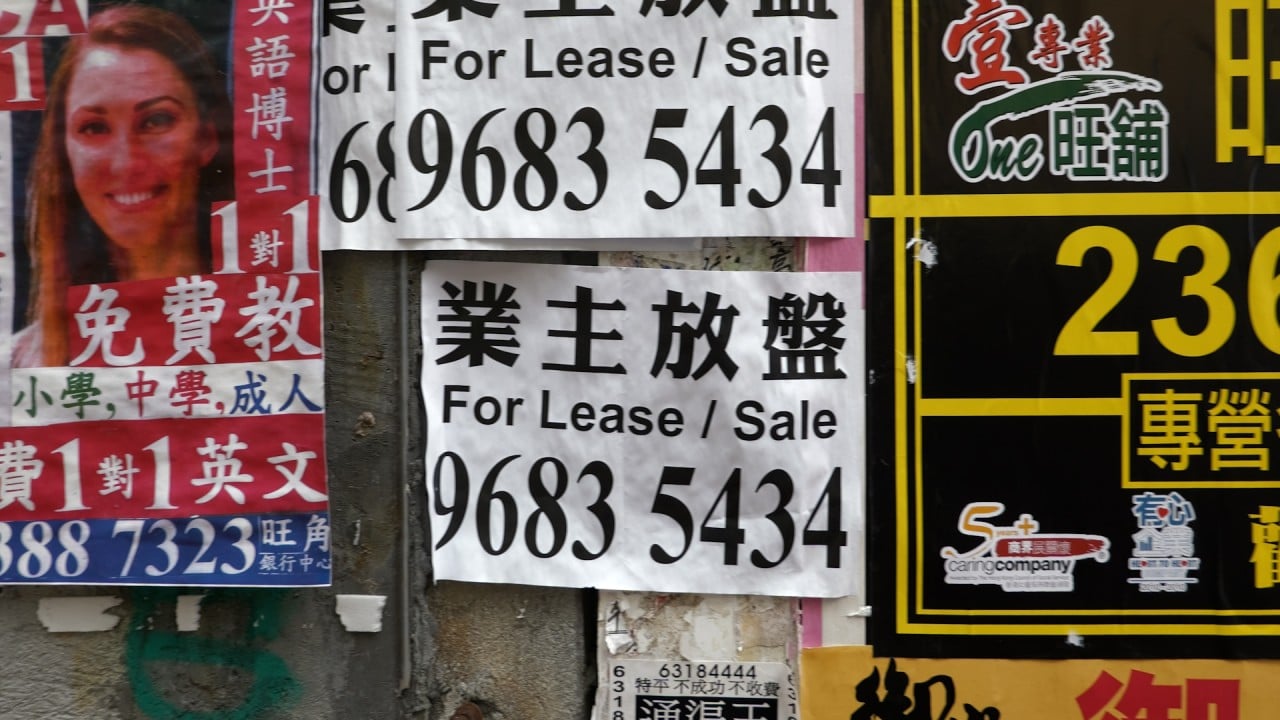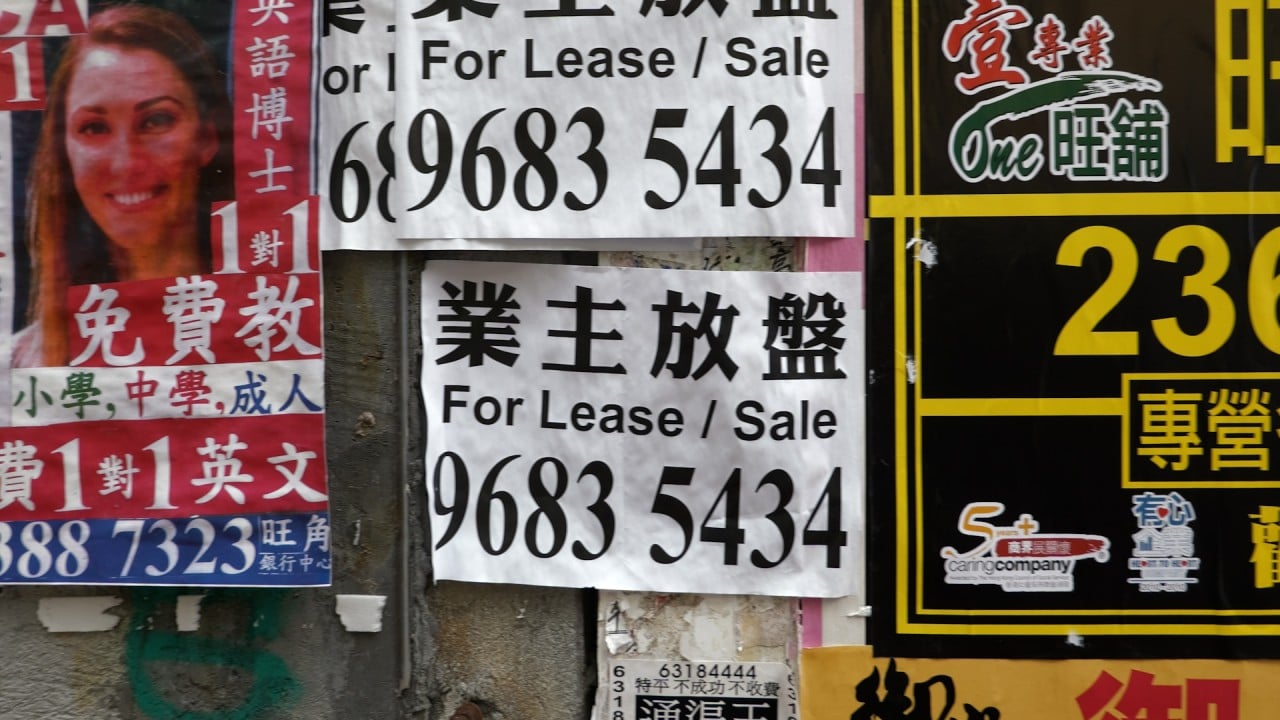Hong Kong’s rise to fifth position in a global competitiveness ranking has been hailed by city authorities as a testament to the effectiveness of new measures to stimulate the local economy.
The city climbed two places in the ranking of 67 economies published by Swiss-based business school the International Institute for Management Development, attributing Hong Kong’s rise to improvements in economic performance and business efficiency.
The Post takes a look at out how Hong Kong performed across various categories, as well as exploring what it will take for the city to climb even higher in future rankings.
1. How are economies evaluated?
The institute assesses economies primarily on four factors: economic performance, business efficiency, government efficiency, and infrastructure.
The fields draw on a total of 333 individual criteria that are graded on a scale of 0 to 100.
In the case of economic performance, for example, areas such as the domestic economy, international trade and investment, local employment and prices are all placed under scrutiny.
Meanwhile, the category of business efficiency takes into consideration management practices, attitudes and values, finance and productivity.
The scores of the 67 economies are then computed by statistical economic indicators, with the business school also factoring in opinions from an online survey of more than 6,000 executives.
2. How did Hong Kong climb the ranking?
While Singapore reclaimed the No 1 spot for the first time since 2020, Hong Kong managed to rise two places from last year to reach fifth place overall.
A breakdown of the results shows Hong Kong jumped from 36th spot to 11th in terms of economic performance, while the city rose four places each in the categories of business efficiency and infrastructure.
It also ranked first for both international trade and business legislation, second for tax policy and third for international investment.
Hong Kong also recorded a strong performance in terms of real gross domestic product growth per capita, and made improvements in goods and commercial services exports, and tourism receipts.
But the business school said the city had dropped in the fields of adaptability of government policy and transparency, highlighting “a downturn in Hong Kong’s standing in the rule of law index from 17th to 22nd”.
3. What does the rise mean for the city?
Local authorities said the ranking reflected Hong Kong’s economic recovery last year, which they attributed to efforts by the central and city governments to boost market confidence with measures such as capital and talent drives, as well as hosting mega events.
Financial Secretary Paul Chan Mo-po said the report “fully affirms” the city’s “all-rounded and high-level competitiveness in multiple fields”.
A government spokesman said the city had made “good progress” with the steady implementation of new support measures, adding that the ranking “recognised Hong Kong as one of the most competitive economies in the world”.
But economist Simon Lee Siu-po, an honorary fellow at the Chinese University of Hong Kong’s Asia-Pacific Institute of Business, said the city should avoid getting complacent.
“Hong Kong is at risk in terms of international trade and investment,” he said.
The city’s weak performance in terms of societal framework measurement could also continue amid ongoing high-profile national security trials, Lee added.

4. What about other rankings?
Along with the ranking from the Swiss-based business school, Hong Kong regularly features as a high scorer in economic and business lists from organisations such as the Legatum Institute, a think tank in the UK, and Canada’s Fraser Institute.
The city topped the Legatum Institute’s Global Index of Economic Openness in 2019, which is the latest version available and assesses market access and infrastructure, the investment environment, enterprise conditions, and governance.
According to the Fraser Institute’s Economic Freedom of the World 2023 Annual Report, Hong Kong was the second freest economy. The ranking is determined by the size of government, legal system and security of property rights, sound money, freedom to trade internationally, as well as regulations.
Under the latter, economies are graded across five areas that each comprise 26 components, which in turn are made up of fields that are ranked from 0 to 10.
The sub-components include the top marginal tax rate, judicial independence, money growth, black market exchange rates, and credit market regulations.
5. What about Hong Kong’s competitors?
Hong Kong came 22nd in the Legatum Prosperity Index 2023, compared with Singapore’s position at No 17.
The city state ranked first in terms of infrastructure and market access, economic quality, health, and education, while being placed at 107th spot for personal freedom.
The Fraser Institute’s report from last year pushed Hong Kong down to second spot for the first time on record, citing “new and significant barriers” imposed by authorities.
Singapore, meanwhile, took the top spot as Switzerland, New Zealand and the United States respectively made up the rest of the top five.
Taiwan ranked 11th place, while China stood at 111th.

6. How can Hong Kong climb the lists?
Gary Ng Cheuk-yan, a senior economist with Natixis Corporate and Investment Bank, urged local authorities to reduce the ballooning budget deficit.
The city recorded a deficit of HK$122 billion (US$15.61 billion) for the 2022-23 financial year, before going to HK$100 billion in 2023-24.
The latest budget, which was announced in February, also predicted another deficit for the current financial year.
Ng also suggested ramping up the promotion of Hong Kong as a city driven by the economic market, given its political image had been tarnished in recent years.
Lawmaker Edmund Wong Chun-sek, who represents the accountancy sector, called for authorities to boost the job market by attracting more highly skilled talent, noting the city was still suffering from a persistent labour shortage and a relatively weak economy.



